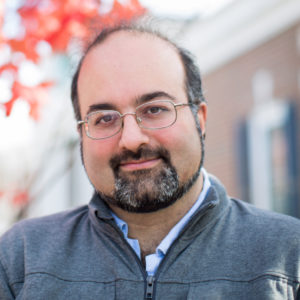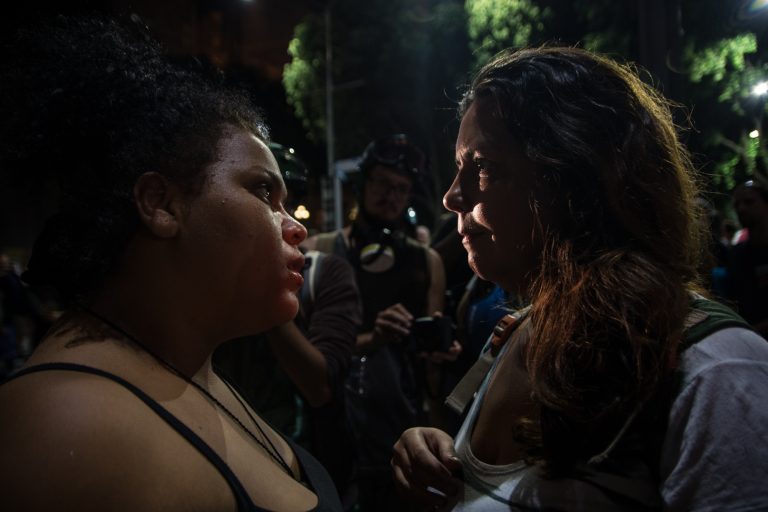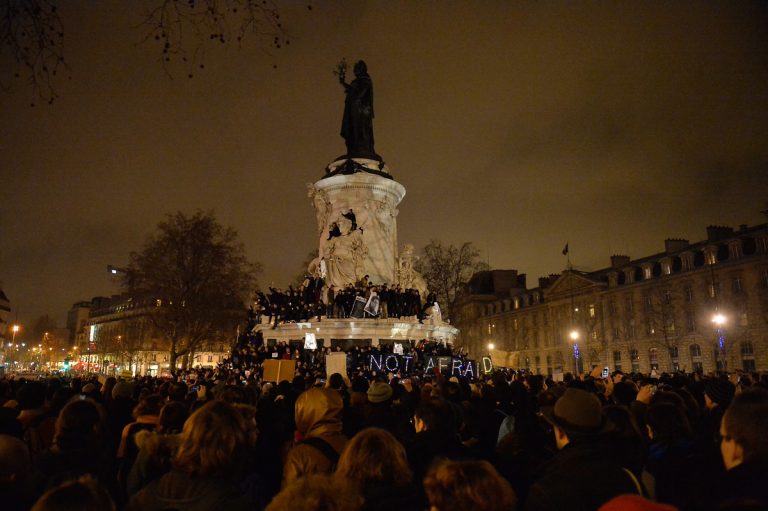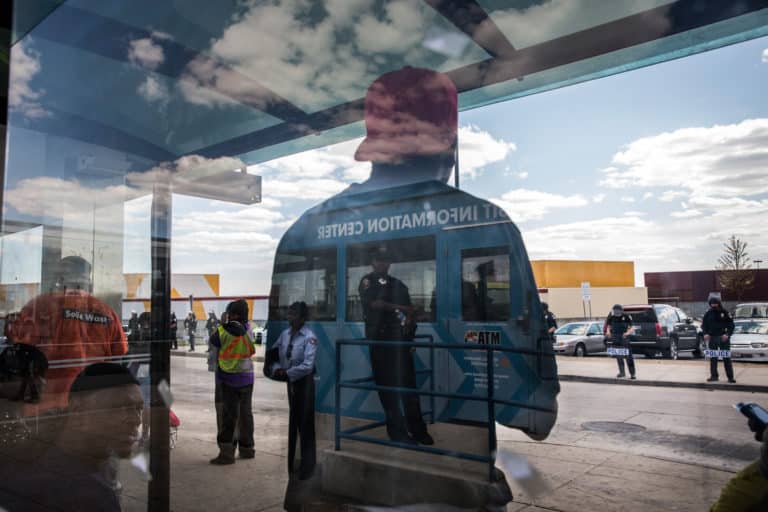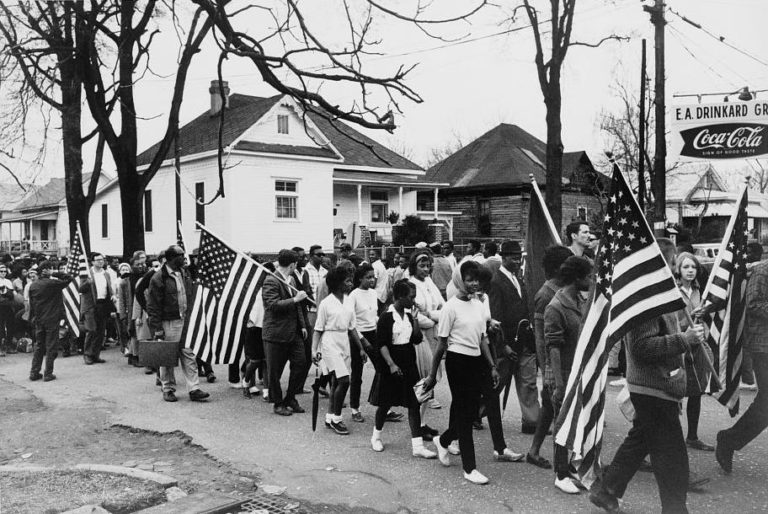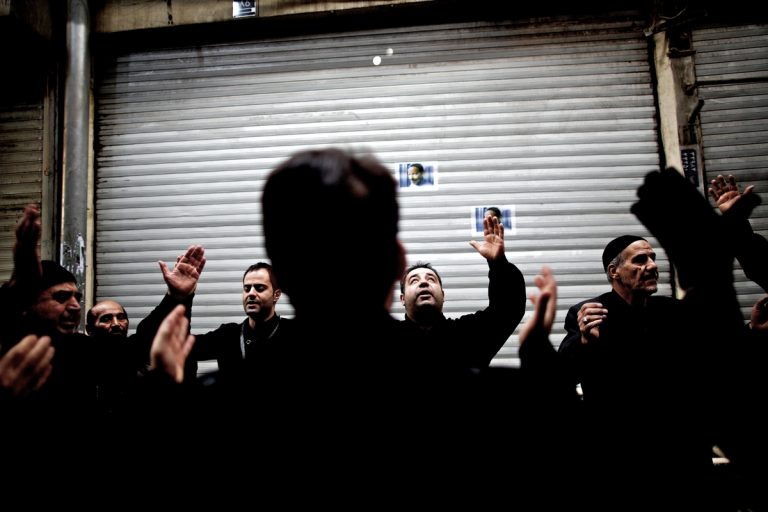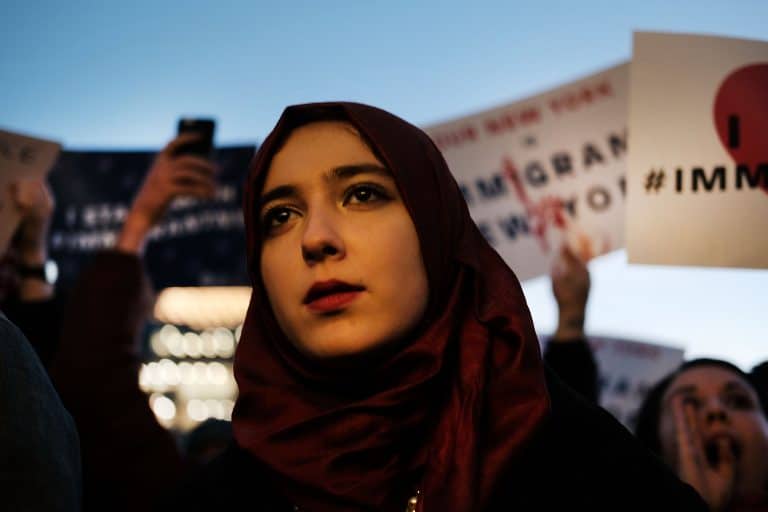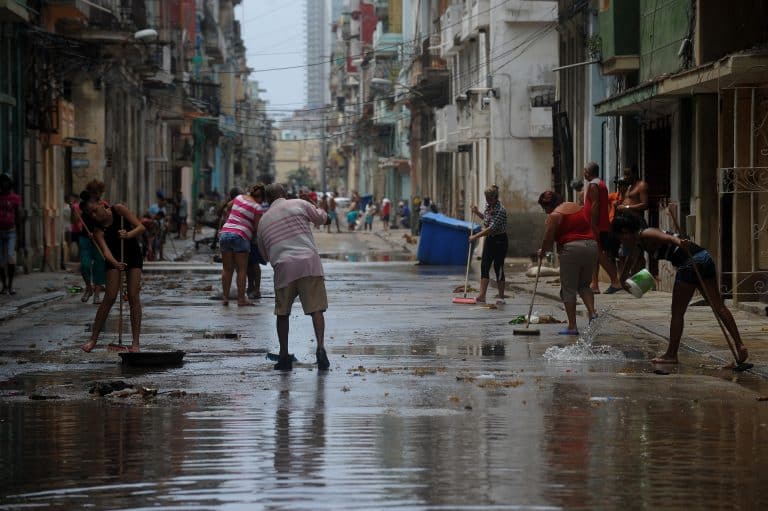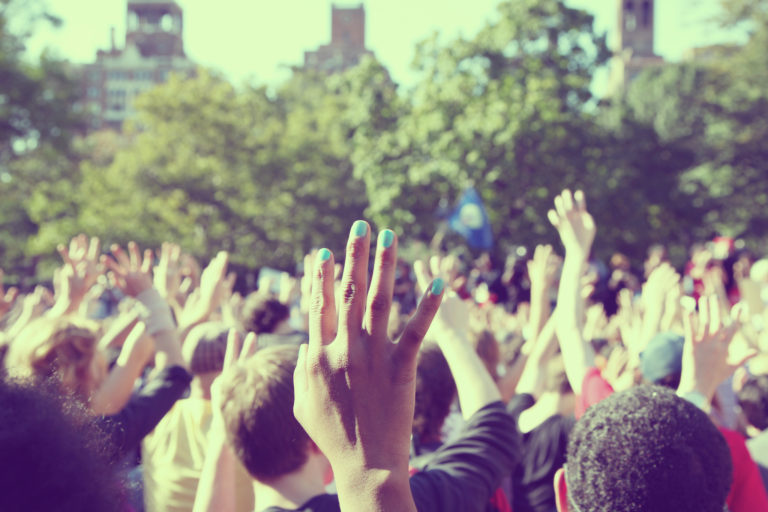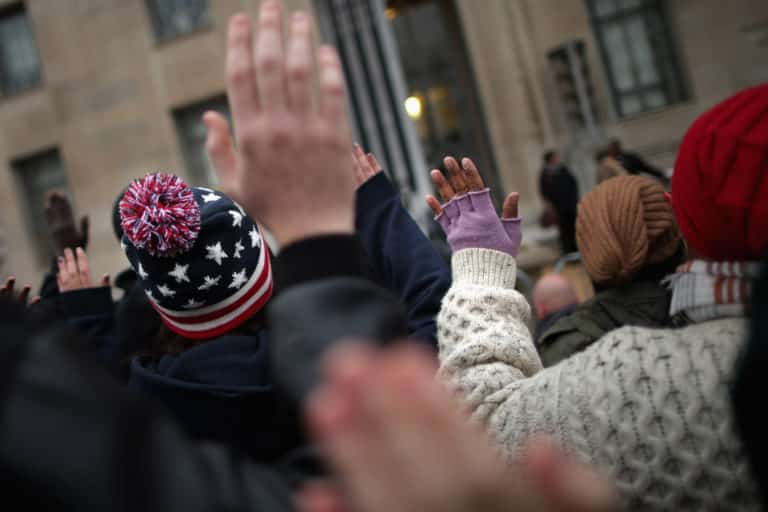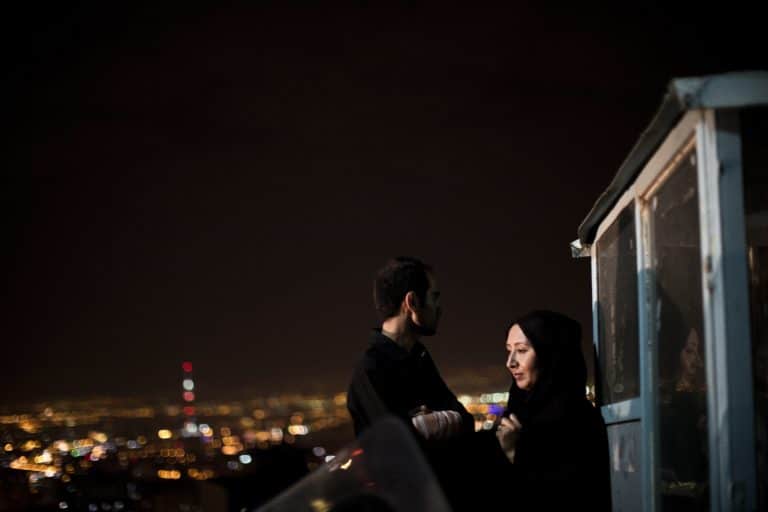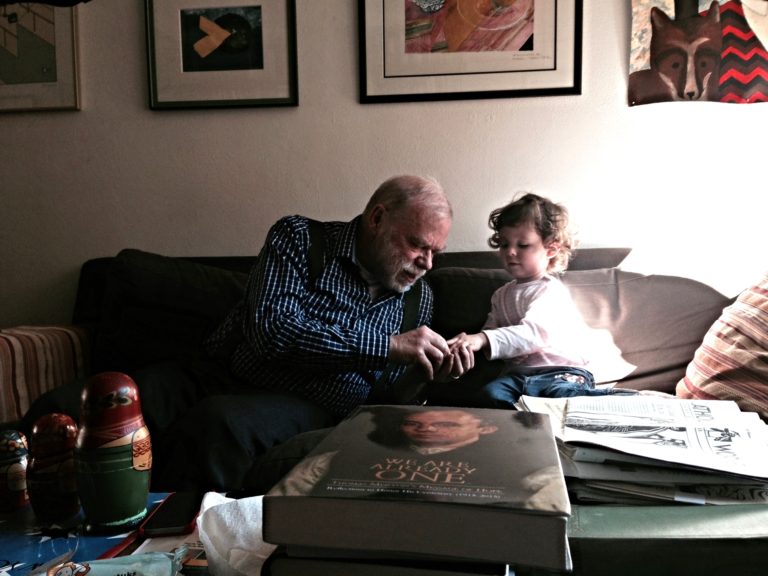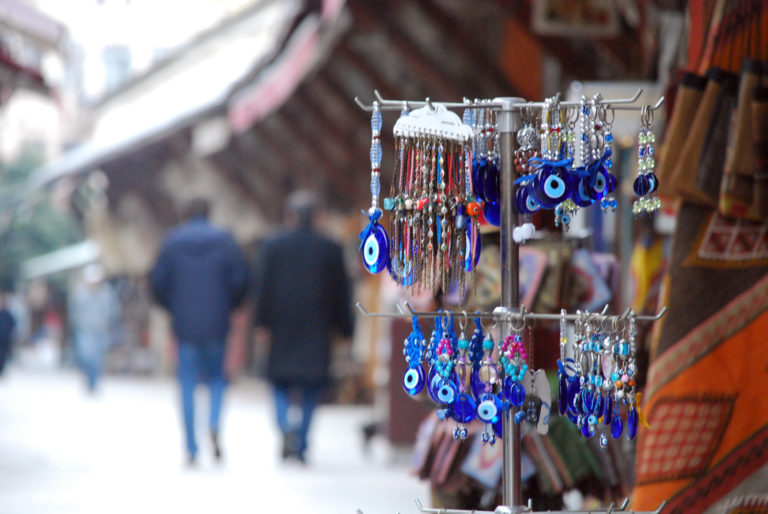View
- List View
- Standard View
- Grid View
165 Results
It’s easy to respond to vitriol in kind. But, our columnist asks, what if we looked to examples of our better nature and chose to reflect back a spirit of kindness, instead?
Acknowledging and honoring the emotions, passions, and pain of fellow citizens may not be the solution to ideological polarization, but it is the beginning of an antidote — one that is critical to building the America we yearn to see.
As streams of breaking news about the shootings in Paris surge into all our media, Omid Safi invites us to step forward and consider the broader context of what's at stake and how to process this horiffic news.
We are inextricably entwined with each other. Omid Safi sees the pain and suffering of two tragedies — in Nepal and in Baltimore — and appeals to all of us to embody the ethics of a natural tragedy, reaching out in compassion, when we're faced with man-made destruction and systemic corruption.
The recent atrocities in Paris and elsewhere in the world may be the new normal. We need to anticipate healing, our columnist says, before, during, and after these attacks in order to be whole and carry on with hope.
Faith can be a salve for the soul in the face of the suffering we witness. But, Omid Safi reminds us, our spiritual love must be bolstered by how we stand for the weak and vulnerable in our midst.
A faith must account for the states and stages of life: joy and thriving, sorrow and death. Omid Safi honors the ritual of Ashura, a cornerstone of Islam whose historical, spiritual, and social significance carries forth to modern life.
The aspirational ideals of our nation call us to embody compassion toward the stranger, and those whom others might cast out.
The recent hurricanes and wildfires teach us not only about climate change and human folly, but also about the fundamental goodness of people in the face of disaster.
An encouragement to be "children of the moment," a people with the spiritual discipline of being fully present in the here and now.
It’s not merely a sin-sick soul that is in need of profound redemption, writes our columnist, it is also our society and structural institutions that call out for being redeemed and transformed. A clear call to question, connect, and transform ourselves and our institutions.
A story from Rumi's masterpiece Masnavi illuminates the paths we all travel from brokenness to healing, from spiritually feeling worthless and cut off to being wholehearted. In the wisdom of the saints, Omid Safi reveals the goal of the spiritual path: not reaching divinity, but achieving full humanity.
A metaphorically rich reminder that the "hard" values we so often revere and strive for in this modern world often supplant the necessary gentleness required to cultivate relationships, understanding, and love of one another.
The image of a small boy's body washed onto the beach awakened the world to the largest refugee crisis in decades. Omid Safi shares his heartbreak, reminding us that love and compassion must lead toward action and must reach across geographical boundaries and borders of faith.
There are many connections most of us do not see. Stories of hope about educating the "whole child" in North Carolina and a village in Afghanistan using pizza party donations and Rumi's poetry as a bridge.
Reflecting on a line from Wendell Berry, our columnist Omid Safi reflects on our collective worthiness for love and the gift we deserve regardless of our circumstances or stations in life.
We have charms to ward off harmful glances, but what might they teach us about more gracious and loving communication? Omid Safi studies the significance of the "evil eye," and wonders if it can inspire us to better interaction.
A true friendship doesn't only bring support and joy, but also challenges us to grow. Omid Safi reflects on the importance of nurturing relationships that acknowledge our imperfections, and nourish the best in us.
The Pause
Join our constellation of listening and living.
The Pause is a monthly Saturday morning companion to all things On Being, with heads-up on new episodes, special offerings, event invitations, recommendations, and reflections from Krista all year round.
Search results for “”
View
- List View
- Standard View
- Grid View
Filters
Listen
Read
